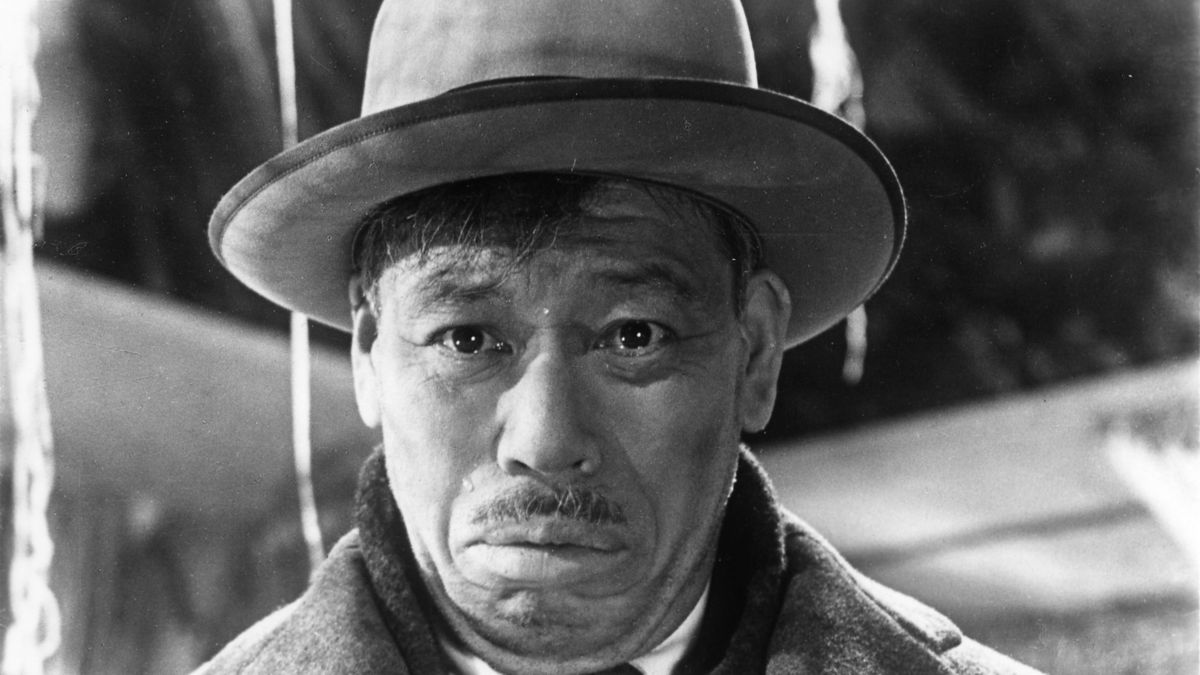
Thursday, February 20 2020 |Ikiru aka To Live Japan 1952 d. Akira Kurosawa with Takashi Shimura, Shinichi Himori, Haruo Tanaka, Minoru Chiaki, Miki Odagiri, Bokuzen Hidari, Minosuke Yamada and Kamatari Fujiwara. Black and white. In Japanese with English subtitles. 143 m
“…I could see why so many Japanese write Kurosawa off as a “Western” director, a dismissal that had surprised me when first I arrived in Kyoto. The film offers an unapologetic attack on lives of quiet desperation of the kind that were coming out in the US at around the same time, in works such as The Organization Man and The Man in the Gray Flannel Suit. Its concerns, for a work about an old man dying, are strangely social and public, the pathos of one man’s final days all but overshadowed, especially at the film’s end, by assaults on Japanese bureaucracy and conformity. The nuance, stillness, and sense of privacy one finds in a movie by Kurosawa’s great contemporary, and counterpoint, Yasujiro Ozu, are replaced by bold-type assertions; Ikiru reminds me how masculine and strident a filmmaker Kurosawa could be, head-on in his effects and unqualified in his declarations (whether it’s an antic depiction of “passing the buck” in the opening scenes or a whirligig journey through a kind of Fellini night-town that makes for some virtuoso passages in the middle). Classical Japanese art is often about putting on veils and masks so that what is not said or shown becomes the heart of the story; a central moment in Kurosawa’s film is a striptease, and much of the film seems to be about stripping away pretensions and platitudes to show the selfishness and hypocrisy that surround poor Watanabe.” Pico Iyer
See Also: Seven Samurai (Kurosawa, 1954), The Life of Oharu (Mizoguchi, 1952), Tokyo Story (Ozu, 1953)
Series:Winter 2020 :: Akira Kurosawa Tokyo Postwar
